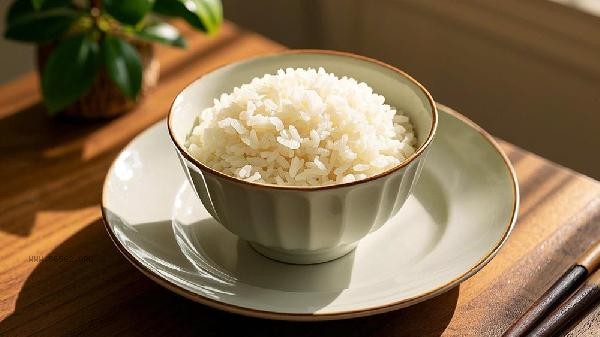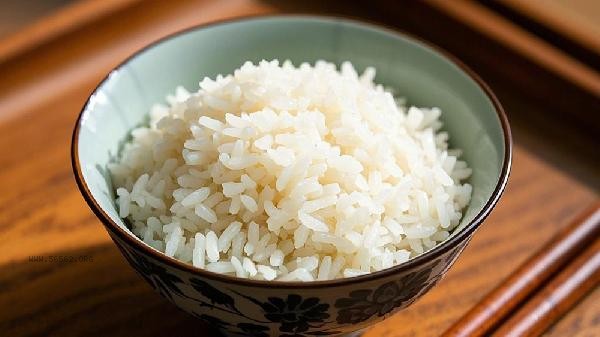Eating sweet potatoes instead of rice at night is usually helpful for weight loss, but it needs to be combined with full day calorie control and balanced diet. Sweet potatoes are rich in dietary fiber and have a lower glycemic index than refined rice and flour, which can enhance satiety and reduce calorie intake. If a single substitute is used for a long time and the total calorie intake exceeds the standard, it may still lead to weight gain. When sweet potatoes are used as a staple food substitute, their dietary fiber content is more than three times that of white rice, and their digestion speed is slower, which can delay the onset of hunger. The resistant starch in sweet potatoes produces short chain fatty acids after intestinal fermentation, which helps regulate fat metabolism. Choosing steaming or baking methods can avoid additional oil intake and retain more nutrients. It should be noted that some people may experience bloating after consuming sweet potatoes, and it is recommended to start adapting from a small amount. Relying solely on sweet potatoes instead of rice without controlling other high calorie foods is still difficult to achieve weight loss effects. Some fitness enthusiasts need to quickly supply carbohydrates at night, and the slow-release properties of sweet potatoes may affect their recovery after training. For individuals with weak gastrointestinal function, excessive consumption of sweet potatoes at night may lead to acid reflux or indigestion. It is recommended to balance the diet structure with protein foods.

During weight loss, it is recommended to pair sweet potatoes with green leafy vegetables and high-quality protein to avoid cooking methods such as frying or adding sugar. Long term adoption of a single dietary pattern may lead to nutritional imbalance, and whole grains such as brown rice and oats can be alternated. Combining aerobic exercise and strength training can improve weight loss efficiency by maintaining moderate intensity exercise for at least three and a half hours per week. If there is no continuous change in weight, it is necessary to consult a nutritionist to adjust the diet plan.











Comments (0)
Leave a Comment
No comments yet
Be the first to share your thoughts!